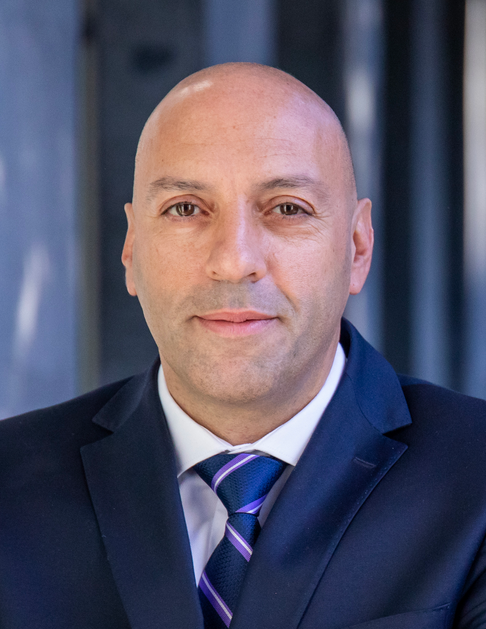26.11.2022 (Caucasian Journal) It is a special honour today for Caucasian Journal to welcome His Excellency the Most Reverend Monsignor José Avelino BETTENCOURT, the Apostolic Nuncio (Ambassador of Vatican) to Armenia and Georgia.
▶ ქართულად: Read the Georgian version here.
▶ Հայերեն. Read the Armenian version here.
Alexander KAFFKA, editor-in-chief of CJ: Your Excellency, welcome to Caucasian Journal, and thank you for this opportunity. You have been working in Tbilisi for quite some time already, and your Embassy covers both Armenia and Georgia. In addition, you are the doyen of diplomatic corps in Georgia. This sounds like a huge amount of responsibilities. My first question is what’s your overall feeling about your work now? Do you have to travel much across the Caucasus, and what’s your impression about our part of the world?
José A. BETTENCOURT: Thank you for your invitation to this interview. I came to the South Caucasus in the footsteps of my predecessors with the hope to build upon the good that has been traced out as well as meet today’s realities.
The Holy See was among the first states to recognize the independence of each of the South Caucasus states and to establish diplomatic relations. This year we celebrate the thirtieth anniversary of diplomatic relations. The Holy See was also the tenth state to open a diplomatic mission in Tbilisi. I like to keep the perspective that we share two millennia of friendship.




